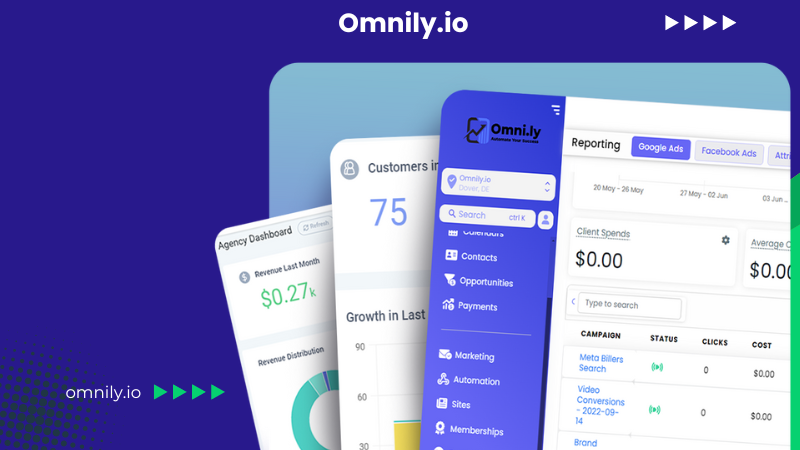Using Tags and Custom Fields for Customer Segmentation in Omnily.io
In today’s intensely competitive business arena, leveraging every tool at your disposal to understand and engage your customer base is crucial. This is where Omnily.io CRM shines, offering an array of features designed to elevate your business and streamline your marketing efforts. Among these powerful features, the use of tags and custom fields for effective customer segmentation stands out as a strategic asset. This article delves into exploring these functionalities within Omnily.io CRM, illustrating their benefits, features, best practices, and real-world applications to help you harness the full potential of customer segmentation.
Benefits of Using Tags and Custom Fields in Omnily.io for Customer Segmentation
Customer segmentation is the cornerstone of personalized marketing strategies, enabling businesses to divide their customer base into smaller segments based on specific criteria, such as behavior, demographics, or purchase history. Omnily.io’s tags and custom fields feature facilitates this by allowing you to assign unique identifiers to your customers and categorize them accordingly. This approach offers numerous benefits, including improved customer engagement, enhanced targeting accuracy, increased sales, and better customer service.
Key Features of Tags and Custom Fields in Omnily.io
Omnily.io CRM’s tags and custom fields are designed with flexibility and ease of use in mind. Tags can be used to label customers based on interactions, preferences, or the stage in the customer journey, allowing for quick segmentation. Custom fields, on the other hand, provide the capability to capture and store specific information unique to your business needs, such as customer preferences or special requirements. Together, these features enable you to create a dynamic, detailed view of your customer base, facilitating tailored marketing efforts.
Best Practices for Using Tags and Custom Fields for Customer Segmentation
To maximize the efficiency of Omnily.io’s tagging and custom fields for customer segmentation, several best practices should be followed. First, develop a consistent tagging system to ensure clarity and prevent data fragmentation. Second, regularly update and clean your database to maintain the accuracy of your segments. Third, leverage the insights gained through segmentation to personalize and enhance your marketing strategies. By adhering to these practices, you can ensure a solid foundation for your customer engagement efforts.
Real-World Applications and Case Studies
Several businesses have successfully implemented Omnily.io’s tags and custom fields to revolutionize their customer segmentation and, in turn, their overall marketing strategies. For instance, a retail company utilized these features to identify VIP customers and created targeted campaigns offering exclusive deals, resulting in increased customer loyalty and higher sales. Another example is a service provider who tagged customers based on service preferences, enabling personalized communication that significantly improved customer satisfaction and retention rates.
In conclusion, the use of tags and custom fields in Omnily.io CRM for customer segmentation presents a vast array of opportunities to enhance your marketing efforts and build stronger customer relationships. By understanding and implementing these features effectively, businesses can achieve precise targeting, personalized marketing campaigns, and ultimately, significant growth. Embrace Omnily.io’s capabilities to not just meet but exceed your business and marketing goals.


